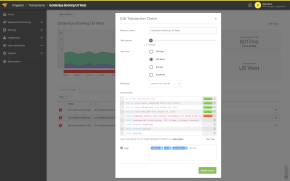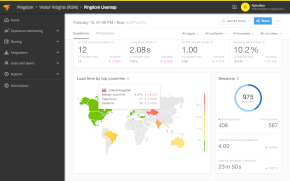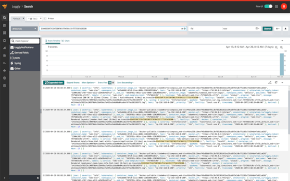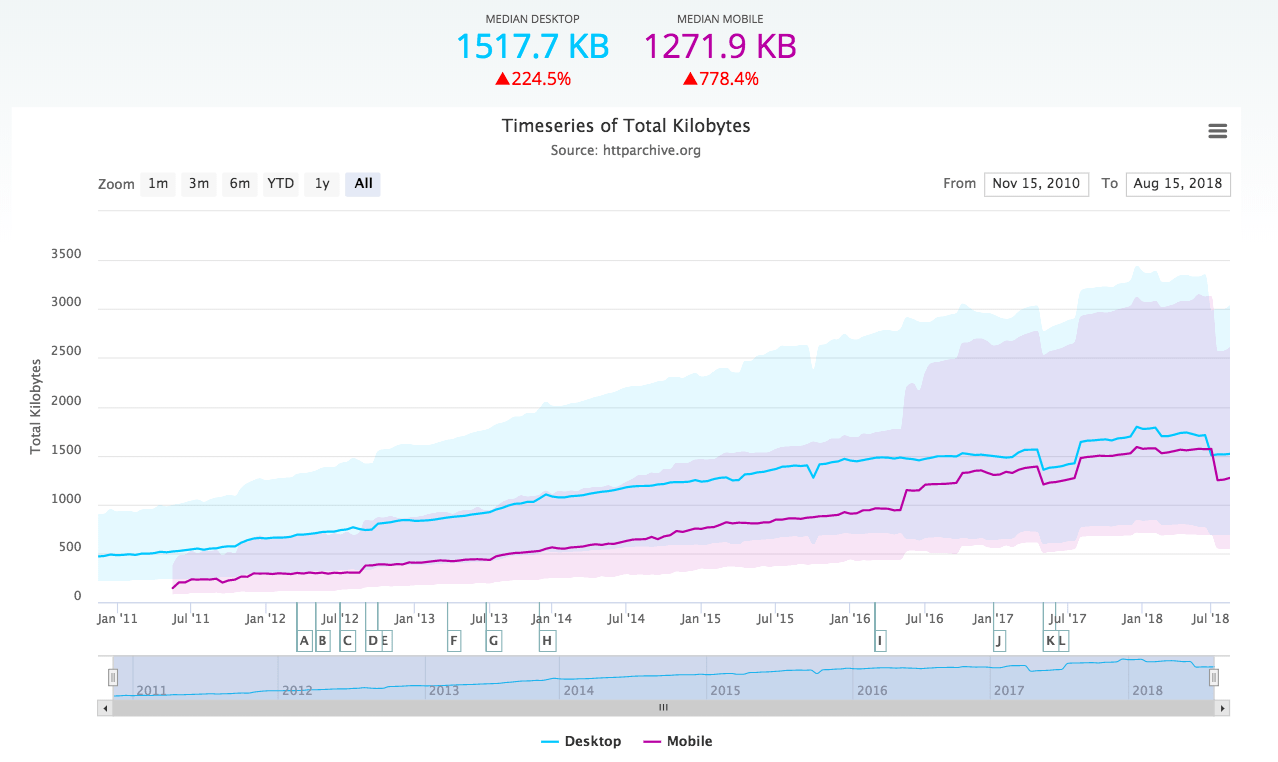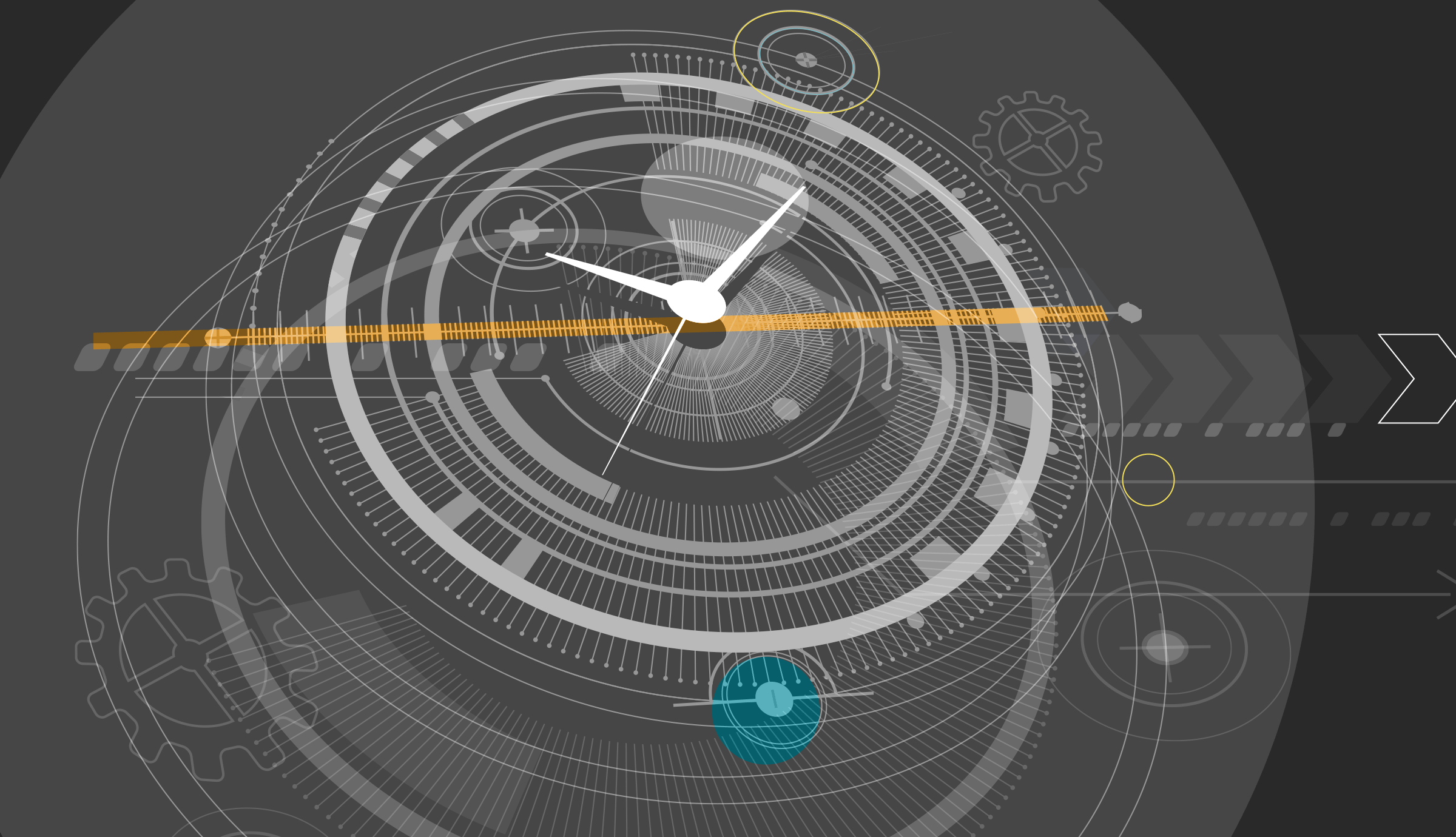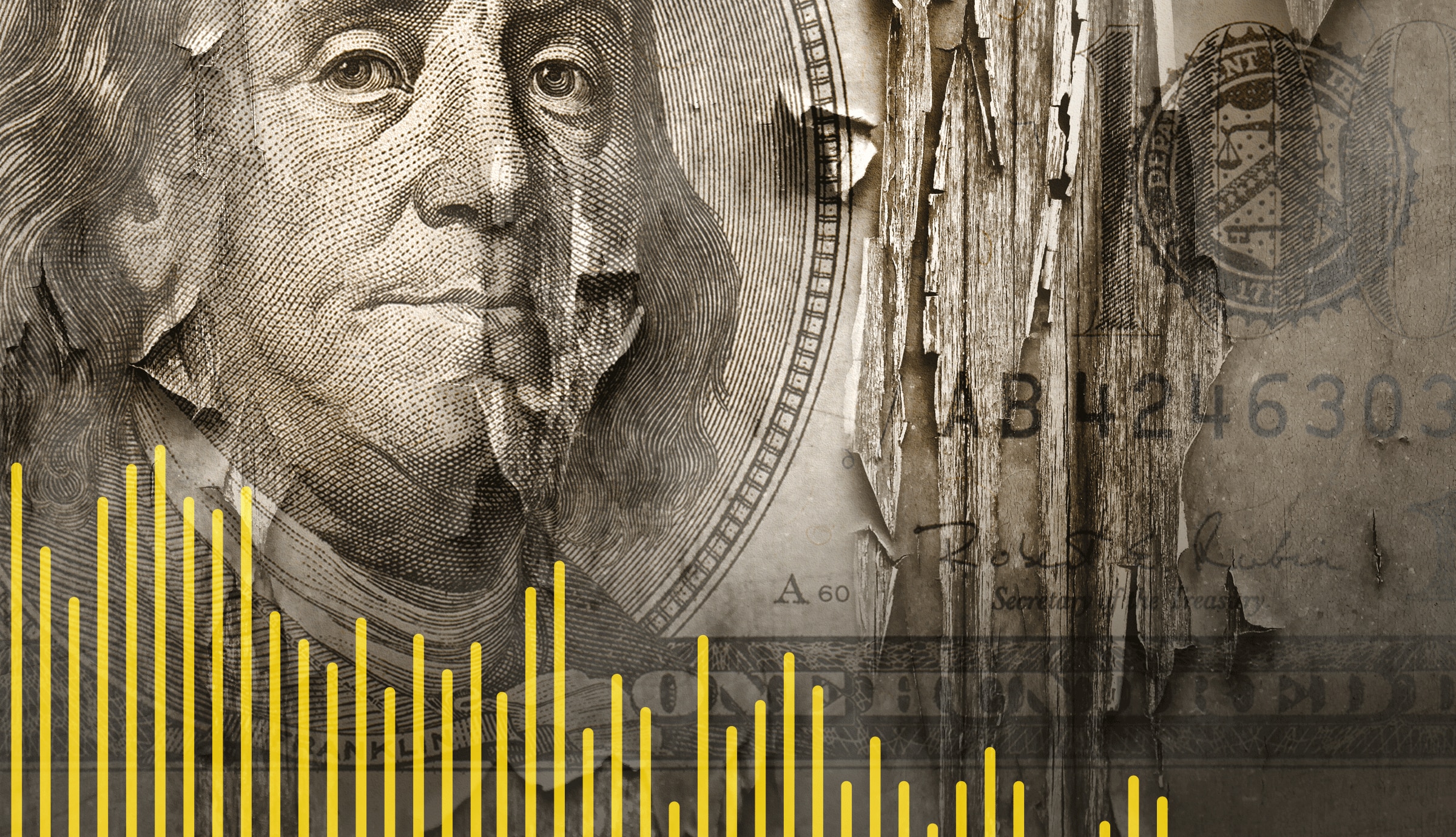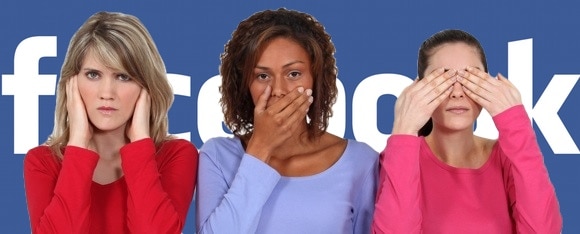
Call it Facebook Addiction Disorder, Facebook Anxiety Disorder, Facebook depression, or Facebook unhappiness, we have all heard of issues of well-being related to people using the social network too much.
And with visitors during January 2012 spending on average 405 minutes on Facebook.com, is there any wonder that a new study suggests that using Facebook spreads unhappiness and a large portion of users on the site feel bad if they can’t log in regularly?
So with Facebook predicted to reach 1 billion users this year, are we putting too much of our lives in Zuckerberg’s creation?
Facebook spreads unhappiness and anxiety, study claims
“Facebook spreads unhappiness,” was a headline in one of the leading daily Swedish newspapers a couple of days ago. Another article exclaimed: “One million Swedes suffer Facebook ‘angst’.” These are articles published as a results of a study, which started as an event on Facebook in June 2011 entitled “The biggest Facebook study in Sweden.”
We have summarized some of the key findings from this study:
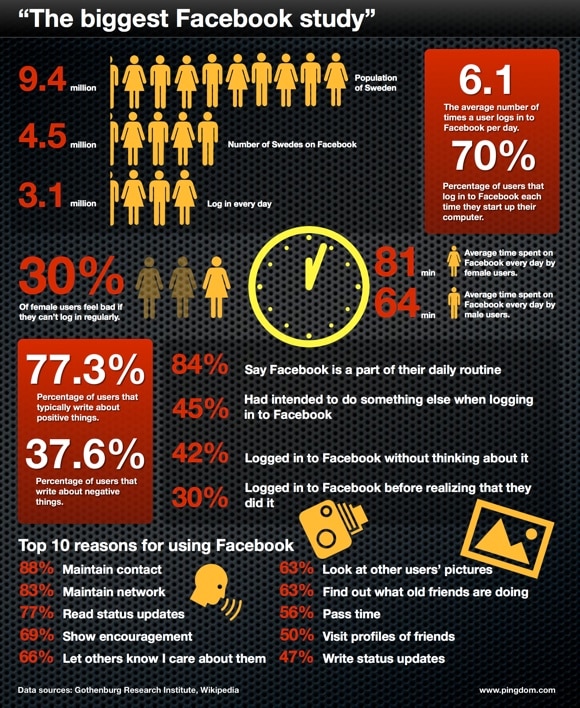
As you can see this makes for great reading if you’re Facebook, but perhaps not so great reading for society as a whole. Clearly, Facebook is an incredibly sticky site, with lots of users depending on it, indeed craving it, on a daily basis.
But that’s not all
Where this gets even more interesting though is when we combine it with results from other studies. Then the picture gets a bit more worrisome if you’re Mark Zuckerberg.
Basically, what the Swedish study found – as questionable as the statistical significance of the results may be – is in line with findings from other studies, linking people feeling bad in different ways to using Facebook a lot.
A study published earlier this month suggests that “people who are more involved with the (sic!) Facebook are more likely to believe that others are happier and having a better life.”
The study stops short of drawing any conclusions about whether Facebook usage can lead to depression, but it does say that it’s easy to think that everyone else’s life is all sunshine, when in fact it’s probably not.
That skewed picture of reality is reinforced on social media networks such as Facebook, as explained by a similar study published in 2011.
It comes to a similar conclusion, but added an explicit mention of social networking sites, such as Facebook. In that study we can read that sites like Facebook: “may exacerbate common misperceptions of others’ emotional lives because of the complete control that users have over the public image they project to the world through their photo albums, status updates, friendship networks, and so forth.”
So, basically, on Facebook users lie about their lives, or, at least, don’t tell the whole truth. And based on that distorted presentation, everyone else feels bad, because they can’t keep up with the happy life (they think) everyone else is living.
Remains to be seen if it’s a real problem
It’s easy to jump to conclusions when you read about study results like this, but there may be reason here to talk about an emerging pattern.
Do you think Facebook is becoming too big and powerful, not just in the sense of having a lot of information about you in its data centers, but in the sense of having a grip over your life?
Is checking your Facebook account the first thing you do in the morning? Make your confession in the comments.
Picture (top) via Shutterstock.
